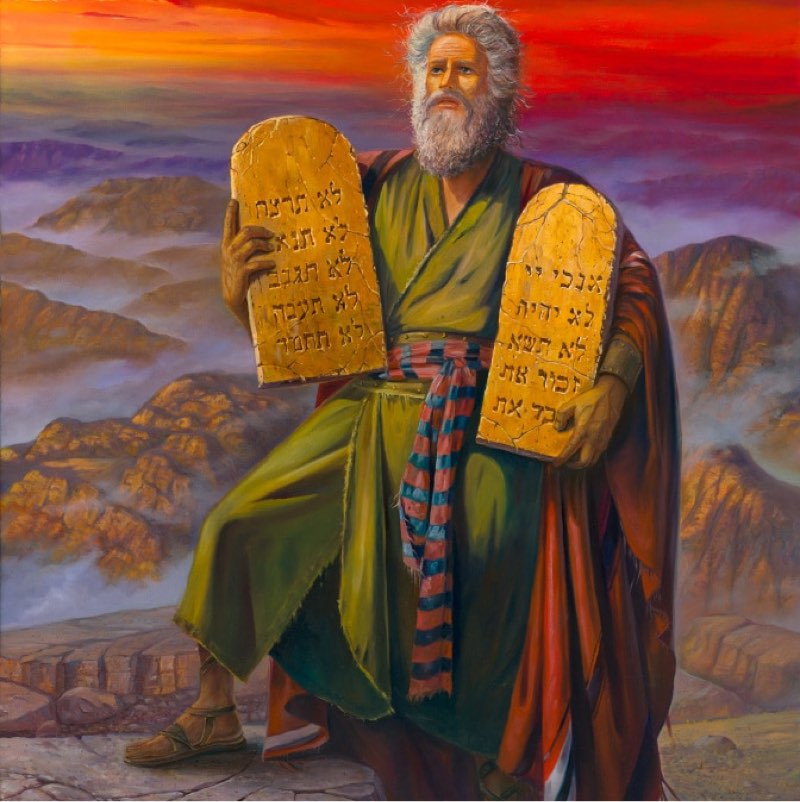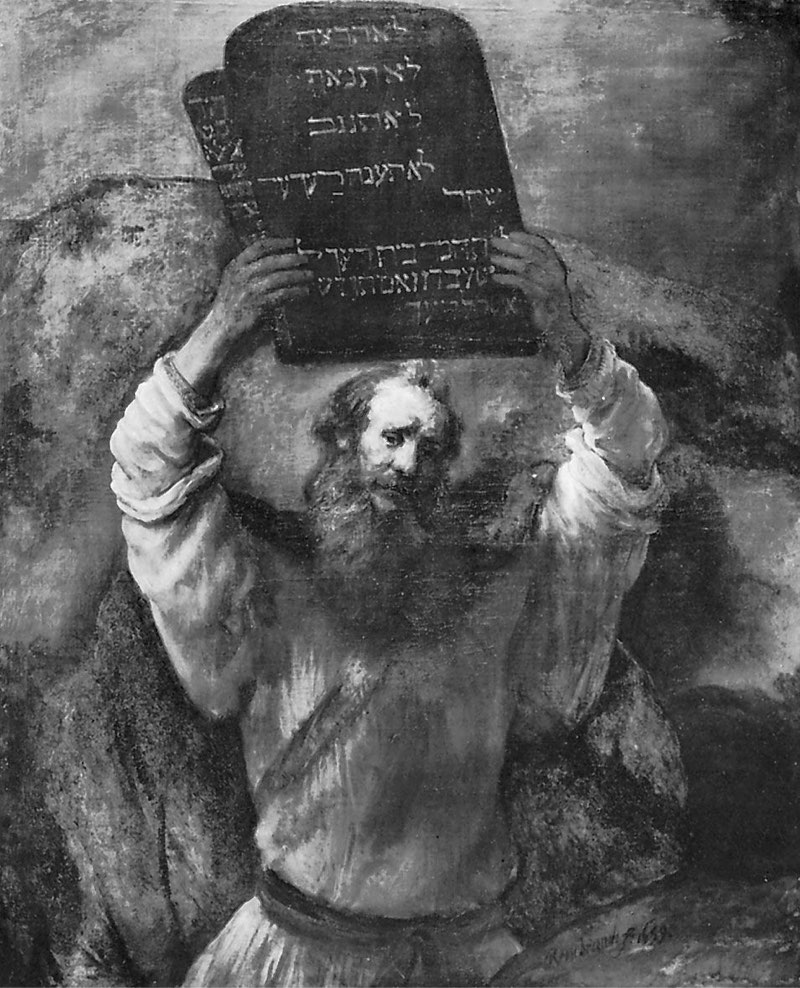Certain Christians and Jews reject the claim that Muhammad's prophethood is predicted in Deuteronomy 18, verse 18. They argue that since Islam shares similarities with Judaism, some believe that the Quran is merely a copy of the Torah. What is the explanation for this argument?
The argument that the Quran is merely a copy of the Torah is a common misconception that overlooks the fundamental differences between Islam and Judaism. While it is true that Islam shares some similarities with Judaism, such as monotheism and certain moral teachings, the two religions have distinct beliefs, practices, and scriptures.
The Quran is considered by Muslims to be the final and complete revelation from God, while the Torah is one of the holy books of Judaism. Muslims believe that the Quran is the literal word of God as revealed to the Prophet Muhammad through the angel Gabriel, while the Torah is believed by Jews to contain the divine teachings given to Moses on Mount Sinai.
Furthermore, the Quran contains numerous teachings, stories, and laws that are not found in the Torah, and vice versa. While there may be some overlap in certain narratives or moral teachings, the overall messages and themes of the Quran and the Torah are distinct.
Regarding the claim that Muhammad's prophethood is predicted in Deuteronomy 18, verse 18, Muslims believe that this verse refers to the coming of a prophet like Moses, who is understood to be the Prophet Muhammad. This interpretation is based on the similarities between Moses and Muhammad in terms of receiving a divine revelation, leading their communities, and establishing laws and guidance for their followers.
In conclusion, while there may be some similarities between Islam and Judaism, it is inaccurate to claim that the Quran is merely a copy of the Torah. Both religions have unique scriptures, beliefs, and practices that distinguish them from each other.
According to the Quran in Surah 7, verse 157, it is stated:
Those who follow the messenger, the Prophet who can neither read nor write, whom they will find described in the Torah and the Gospel (which are) with them. He will enjoin on them that which is right and forbid them that which is wrong. He will make lawful for them all good things and prohibit for them only the foul; and he will relieve them of their burden and the fetters that they used to wear. Then those who believe in him, and honour him, and help him, and follow the light which is sent down with him: they are the successful.


